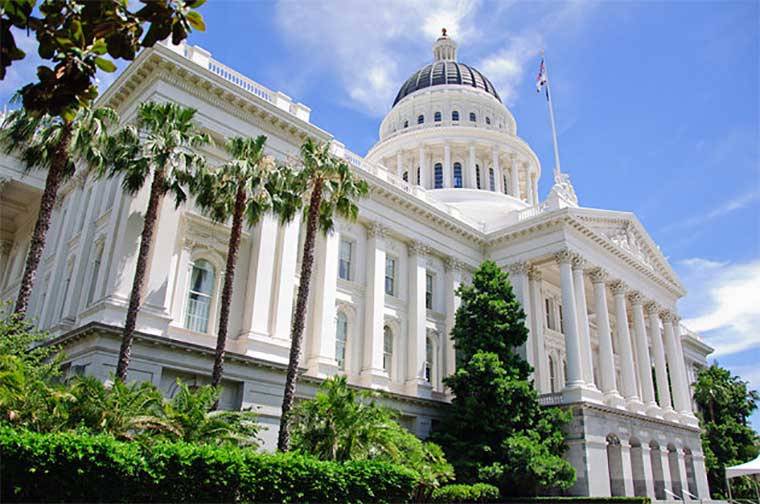Watershed Day With Your Legislator, May 20, 2022

Overview
This is an opportunity to visit with your state assembly member and/or your state senator in their local district offices to provide them with an update on issues and successes in your watershed.
We suggest calling their office a few weeks ahead to schedule an appointment for a brief meeting. Or, better yet, invite your legislator to visit a restoration site or unique feature that will bolster their awareness of positive stories in your community.
CWN will provide assistance to community-based NGO’s with contact information for making appointments with legislators, framing the dialogue, and building credibility for future collaboration efforts.
Suggested Topics For Presentation To Your Legislator
- Supporting volunteerism legislation
The legal role of volunteers in community-based restoration projects remains a challenge. In 2001, a bill was signed into law by Governor Davis that revised labor regulations. One facet of the bill was a legal interpretation that anyone working on a project that was all or partially funded with state moneys, was required to be paid prevailing wage. A subsequent court case clarified that the regulation was to include all people involved, including community volunteers!
In 2004, CWN, joined with a coalition of groups around the state to approach the Legislature with language to exempt volunteer help. We were successful in getting an exemption bill passed, but only with a sunset clause – so it was not a permanent solution. We and our Coalition partners have returned for new exemption bills four times, and each new bill included a new sunset clause due to pressure from un-named labor representatives. The current exemption bill expires at the end of December of 2023. We are in the process of raising awareness with many state legislators of this conundrum in order to pursue a new volunteer exemption bill without a sunset clause in 2022-23.
- Overhead costs for restoration groups
Our partner organizations have reported that state agencies are prohibiting payment for indirect costs, often called overhead. What we have found is that General Obligation (GO) bonds do not prohibit indirect costs; this appears to be a CA Department of Finance decision. This decision is harmful to the sustainability of organizations and has resulted in inefficiencies and, paradoxically, increased costs to the State. We encourage the State to adopt a policy similar to the federal policy that allows an organization to select an indirect cost calculation method from among several and apply to use that indirect rate within grants and contracts.
In the federal approach, indirect costs are defined, and a methodology is specified. An organization documents past indirect costs as the justification for budgeting the same indirect percentage going forward. We feel that this methodology should be adopted by the State, especially when the affected parties are nonprofit organizations under section 501c3 of the Internal Revenue Code, which along with Resource Conservation Districts, have a legally enforceable public-benefit mandate overseen by a board of directors.
- Watershed Coordinators
One of the challenges facing the State’s Natural Resources Agency is that the strategies for the California Water Plan are dependent on community-based watershed planning programs being existing and functioning. Two pilot projects funded by the State in the Santa Ana River and Russian River watersheds are exploring this issue. However, as Tom Filler from the Department of Water Resources said at a Russian River community meeting, a main finding they have from this work is how little capacity for watershed management and planning there currently is at the local level. It is much less than they had assumed. We suggest that part of this has been due to the loss of community watershed coordinators.
CWN proposes that this is an opportunity to help move the conversation along for increased support for community-based watershed programs and for coordinators in every region of California. This is at the heart of CWN’s mission as a non-profit since it is a network of the local watershed organizations from across the state.
|

